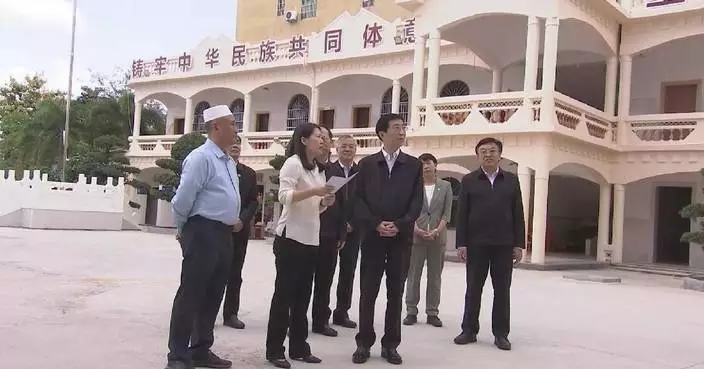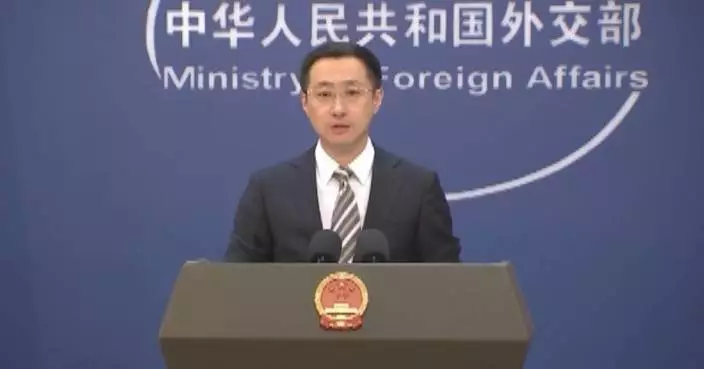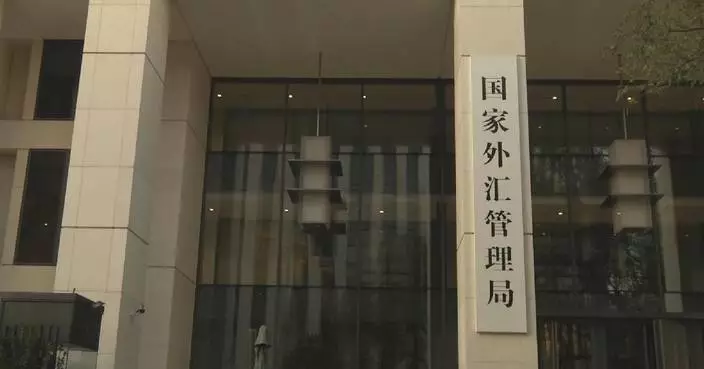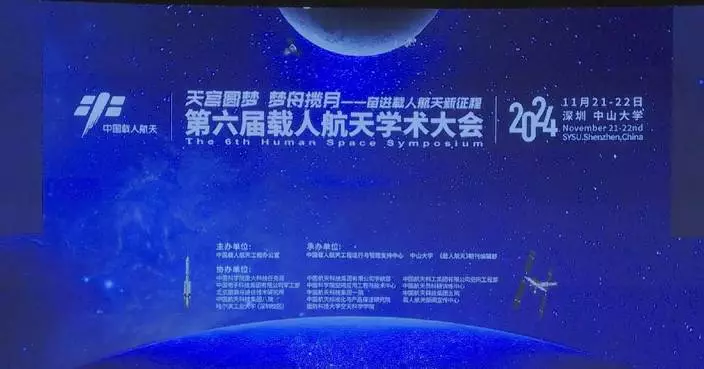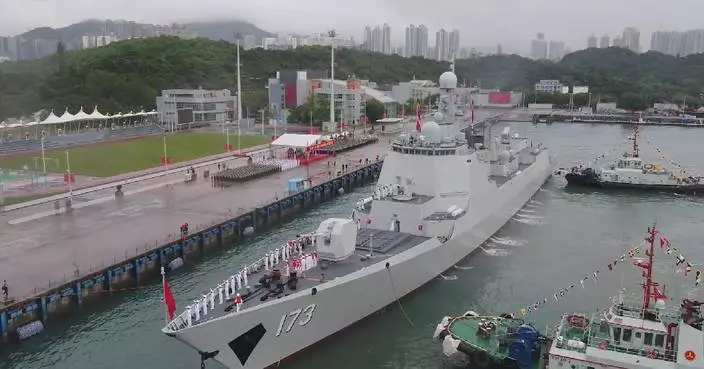The Hague Tribunal’s ruling in 2016 that upheld the Philippines' maritime claims in the South China Sea has undermined the international rule of law, and is not valid for resolving territorial disputes, said experts.
At an ASEAN summit held on Thursday in Vientiane, Laos, Philippine President Ferdinand Romualdez Marcos Jr. emphasized that the Philippines have abided by the rule of law on the South China Sea issue.
Eight years have passed since the Hague Tribunal's controversial ruling in favor of the Philippines, known as the South China Sea Arbitration Award, a ruling that China strongly opposes and considers illegitimate.
Experts said the Philippines' denial of China's territorial sovereignty over Ren'ai Jiao violates the principle of "the land dominates the sea" under international law.
"The UNCLOS actually came into effect in the early 1980s. And that it came into effect on the presumption that all sovereignty questions were already settled, or were knowingly settled between different nation-states. In other words, UNCLOS does not deal with sovereignty questions," said Warwick Powell, adjunct professor at the Queensland University of Technology.
According to UNCLOS Article 298, state parties have the right to file a written declaration to exclude disputes regarding maritime delimitation or historic bays. By filing a declaration in 2006, China has excluded disputes from compulsory procedures.
Experts said the Arbitral Tribunal violated the principle of state consent, exercised its jurisdiction “ultra vires,” and rendered an award in disregard of the law.
"The way forward for the South China Sea dispute between China and the Philippines is really diplomacy and political settlement," said Anna Rosario Malindog-Uy, vice president of external affairs of the Asian Century Philippines Strategic Studies Institute.
"You need a format in which the parties in disputes both agree on. Without that, there's no legitimacy," said Powell.
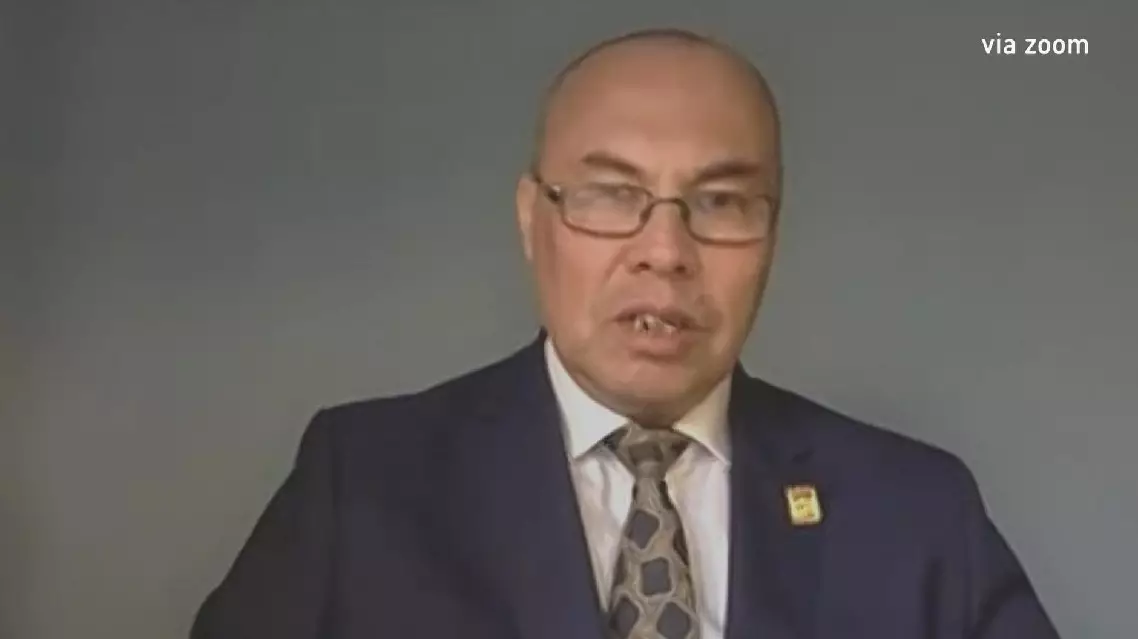
South China Sea Arbitration Award not valid for resolving territorial disputes: experts
The game-changing application of artificial intelligence (AI) were brought to the fore at the 2024 World Internet Conference (WIC) Wuzhen Summit, showing how AI technologies can transform people's everyday life in unimaginable ways.
The Light of Internet Expo, part of the 2024 World Internet Conference (WIC) Wuzhen Summit in east China's Zhejiang Province, attracted 665 domestic and foreign enterprises and organizations from 53 countries and regions to showcase their latest developments and new technologies and products in the field of AI.
At the expo, a device that resembles a smart stereo is actually a digital home robot. This innovative robot not only enables intelligent control of home devices through audio-visual interactions, but it also analyzes users' health data to recommend personalized exercise plans. Moreover, it can serve as a handy online study companion for children, making family education more dynamic and enjoyable.
"It effectively combines with the functionality of our cloud computer. If I were to frequently change hardware devices, my costs would be very high, so I can opt for this cloud service instead," said Jiang Jiangchen, an exhibitor.
Another AI model at the expo has streamlined the execution of everyday tasks. With just a voice command, users can easily access a variety of services, such as booking flights, tracking packages, and paying utility bills. What sets this AI model apart is its ability to analyze users' habits to understand their preferences and behavioral patterns.
"'Book me a train ticket for today from Jiaxing to Shanghai.' By making such a voice command through my cellphone, it will show me the train schedule with the shortest trip. Then, with just a click here, I can book the ticket," said Pan Feifei, another exhibitor.
Themed "Embracing a People-centered and AI-for-good Digital Future -- Building a Community with a Shared Future in Cyberspace," the WIC's 2024 edition featured 24 sub-forums on topics such as Global Development Initiative, digital economy and artificial intelligence (AI) technology governance, along with a series of activities.
The four-day event concluded on Friday.
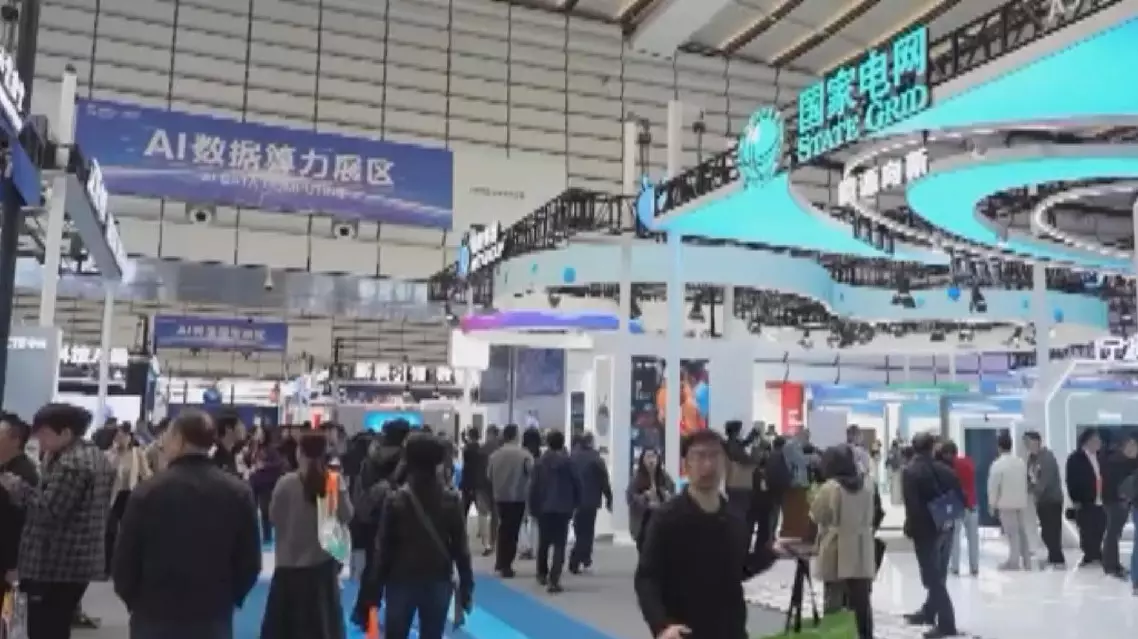
Light of Internet Expo at Wuzhen summit showcases game-changing applications of AI




